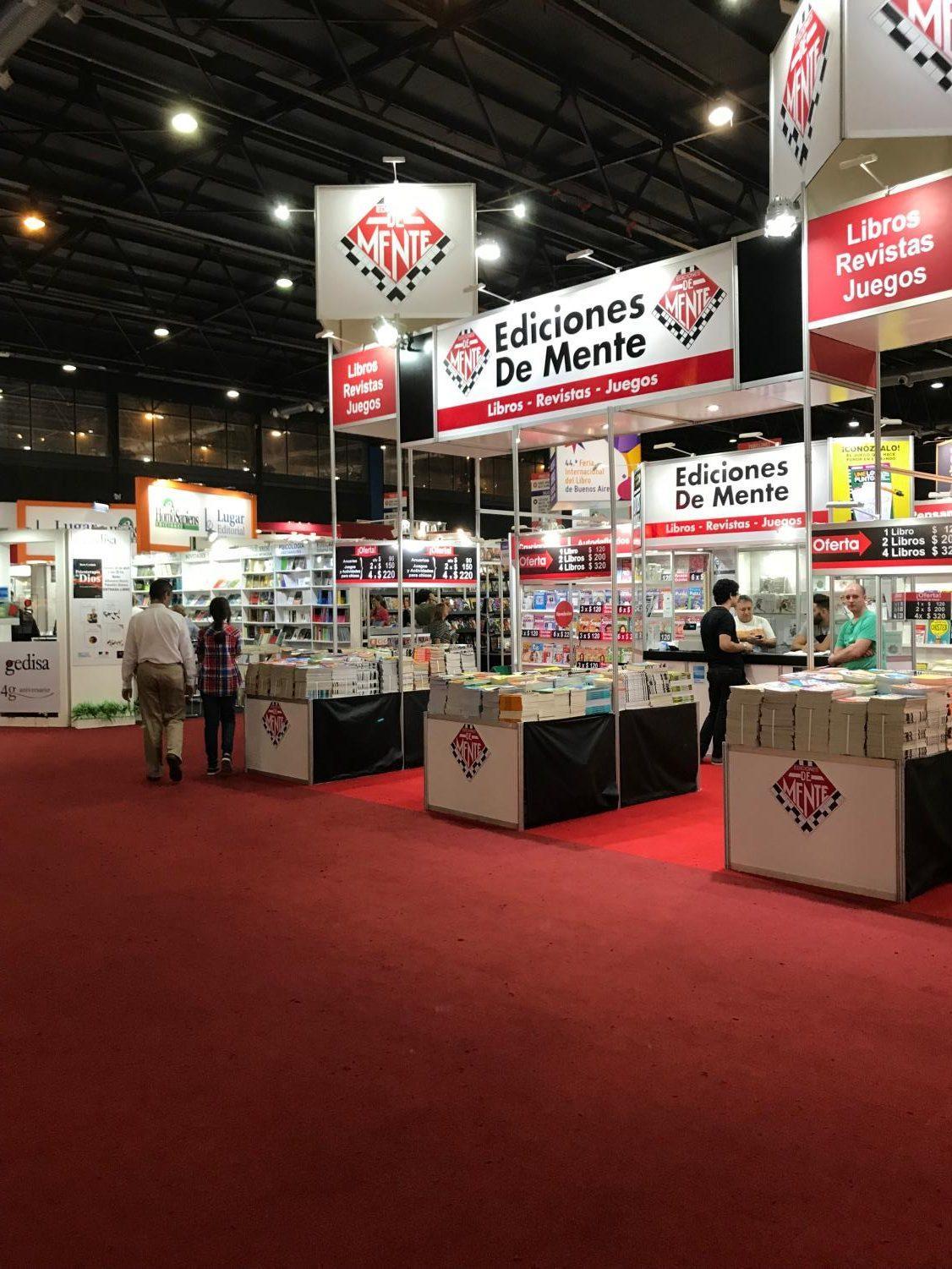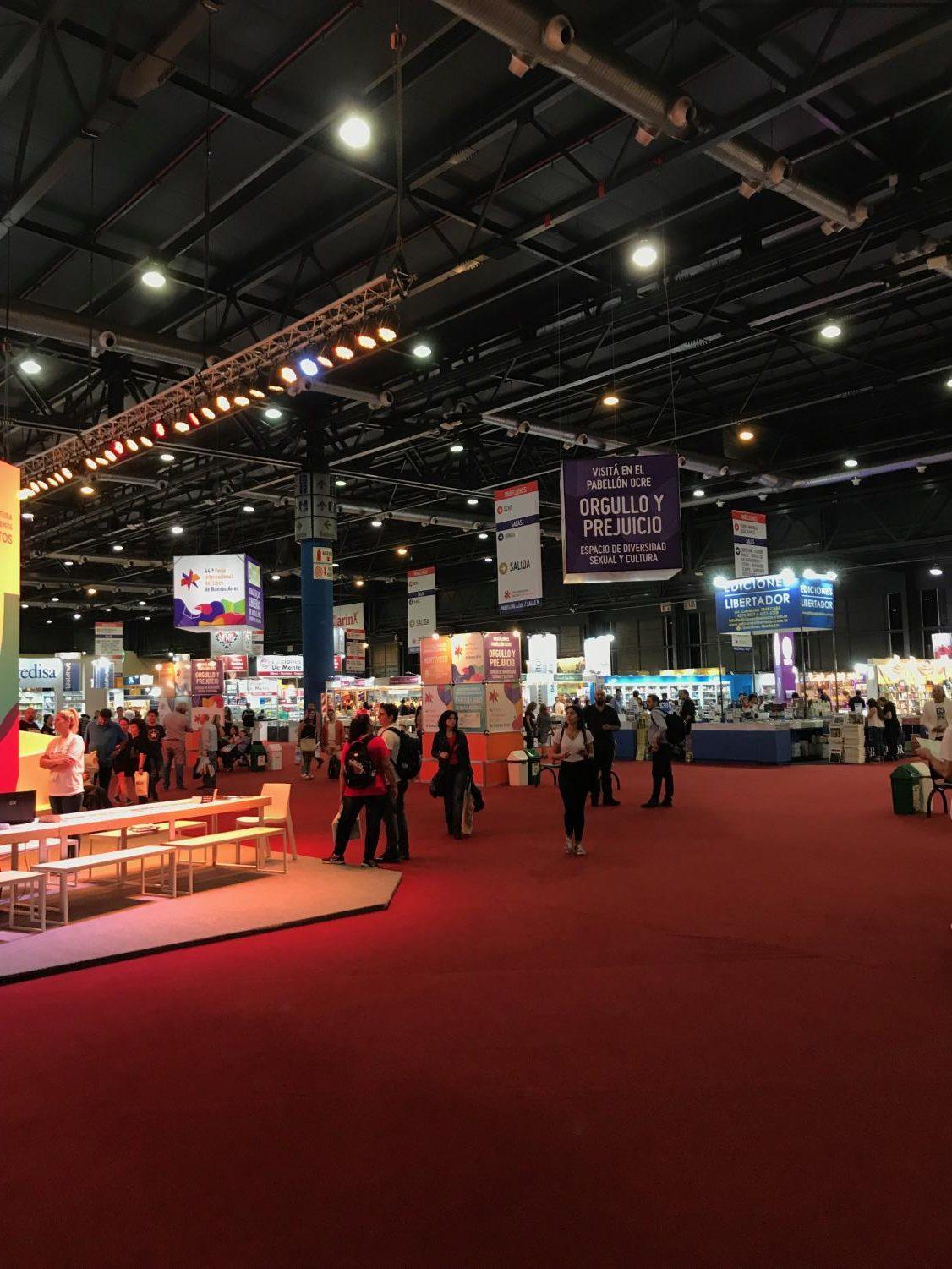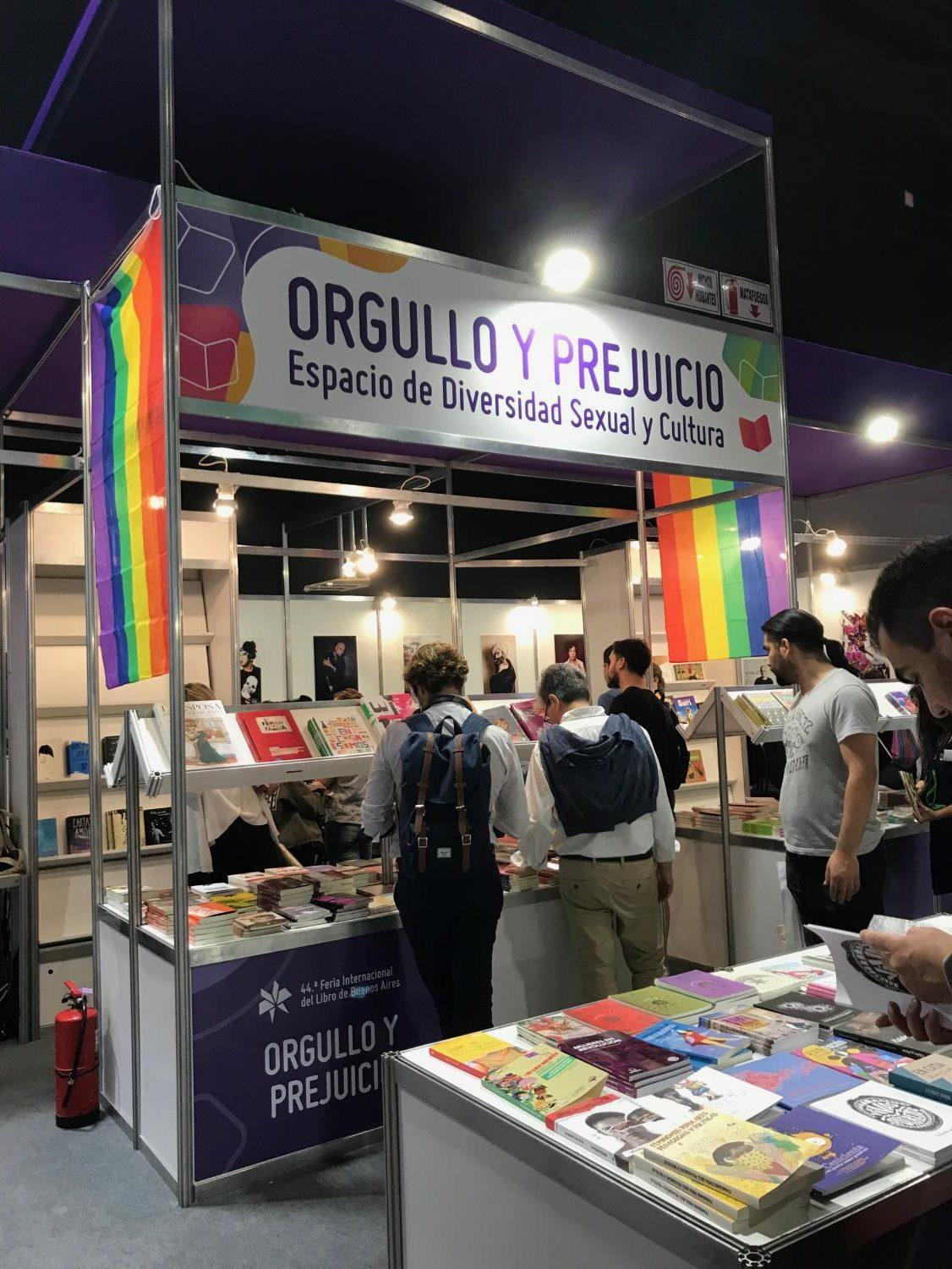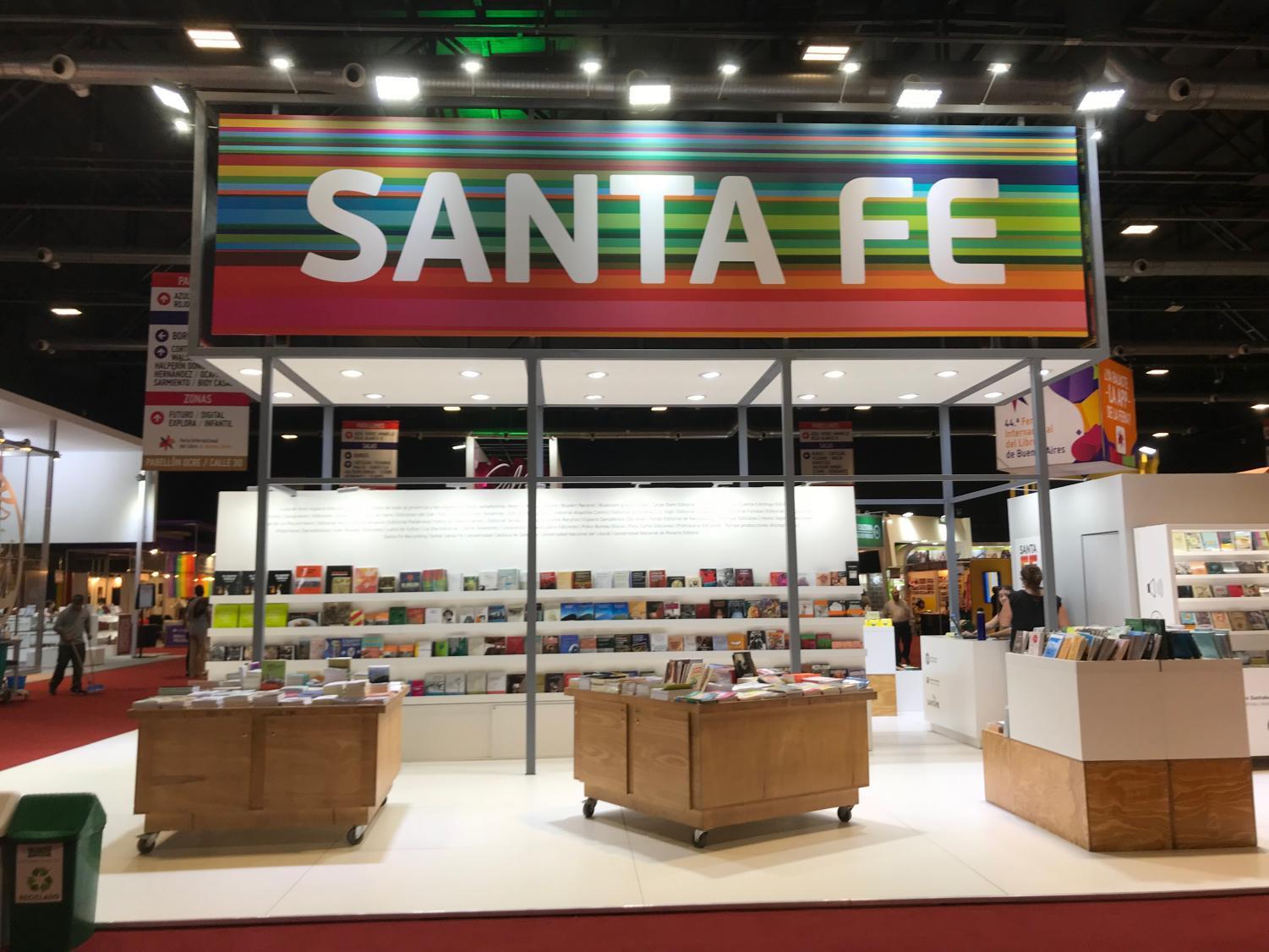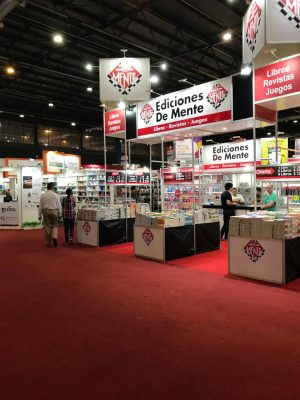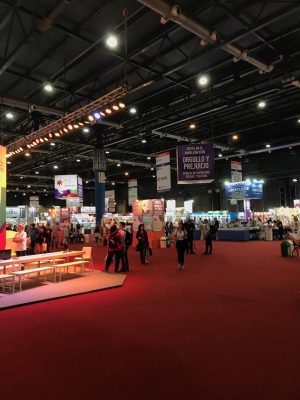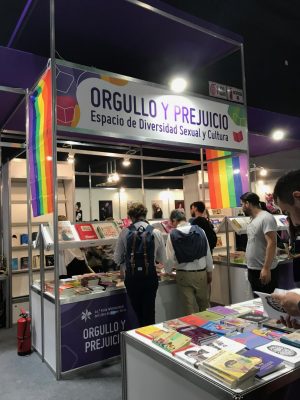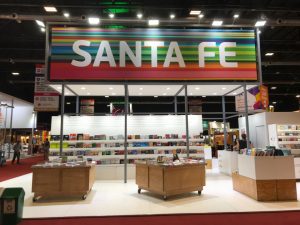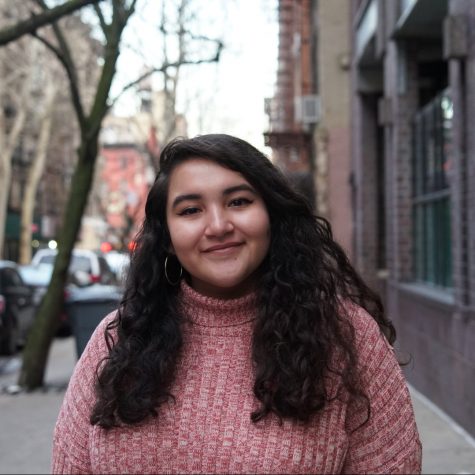Libros Entre Libros: A Look Into Argentina’s International Book Fair
April 30, 2018
Argentina is known for its rich food, wine and cultural history. But, what some Americans may not know is that the European-esque country also holds a deeply-rooted love for literature. This month marks Buenos Aires’ 44th annual International Book Festival, one of the most important events in the Spanish-speaking literary world. The three-week long affair attracts over one million people each year from all over Latin America, hosting iconic literary authors such as Ray Bradbury, Dan Wells and Isabel Allende. Writers and book lovers alike get the chance to browse through bookshelves from all over the world, ranging from the Americas all the way to Spain.
This iconic celebration within the Spanish literary sphere began in 1975, the year before Argentina’s final military dictatorship came into power. However, the country’s love for literature began long before this. In the mid-1900s, an influx of European immigrants who were writers turned the country into a literary powerhouse. Reading books and newspapers was considered a cultural symbol, something that most of society could partake in. Now in the modern world, it is considered fairly common to grab a group of friends and spend an afternoon scouring the city for the next novel to read. In Buenos Aires alone, there are more bookstores per person than in any other country in the world. Several local bookstore owners host their own fairs every couple of months to good turnouts, with locals constantly hungry for stories both old and new.
Each year, the International Book Festival schedules hundreds of panels, activities and performances for guests to participate in. NYUBA Professor Mariano Lopez Seoane moderated a panel this year for the festival’s LGBTQ booth, “Orgullo y Prejuicio: Espacio de Diversidad Sexual y Cultura,” with local queer theory professors Adrian Melo and Jorge Luis Peralta participating in a discussion on what queer literature means to the LGBTQ community.
“There [were] infinite ways to interpret literature,” said sociologist and queer studies professor Jorge Luis Perala during the LGBTQ+ panel. “In the queer atmosphere, for example, not every story has to necessarily do with gender. To me, it’s a politically-fuelled category of literature, in that it contributes to the expansion and awareness of gay people and their rights. It helps provide our communities with a sense of pride, which is what literature is all about: creating a space of comfort where we as writers and readers are free to explore different ideas about our own identities.”
Buenos Aires’ love for literature transcends not only geographical boundaries but cultural ones as well. Although the United States is seeing a recent influx on independent bookstores, and New York City itself boasts several book festivals throughout the year, the numbers are still relatively low in comparison to a country such as Argentina. Perhaps Americans can still learn a thing or two about finding a common love for literature in the way this international event has done so successfully.
Email Melanie Pineda at [email protected].


























































































































































